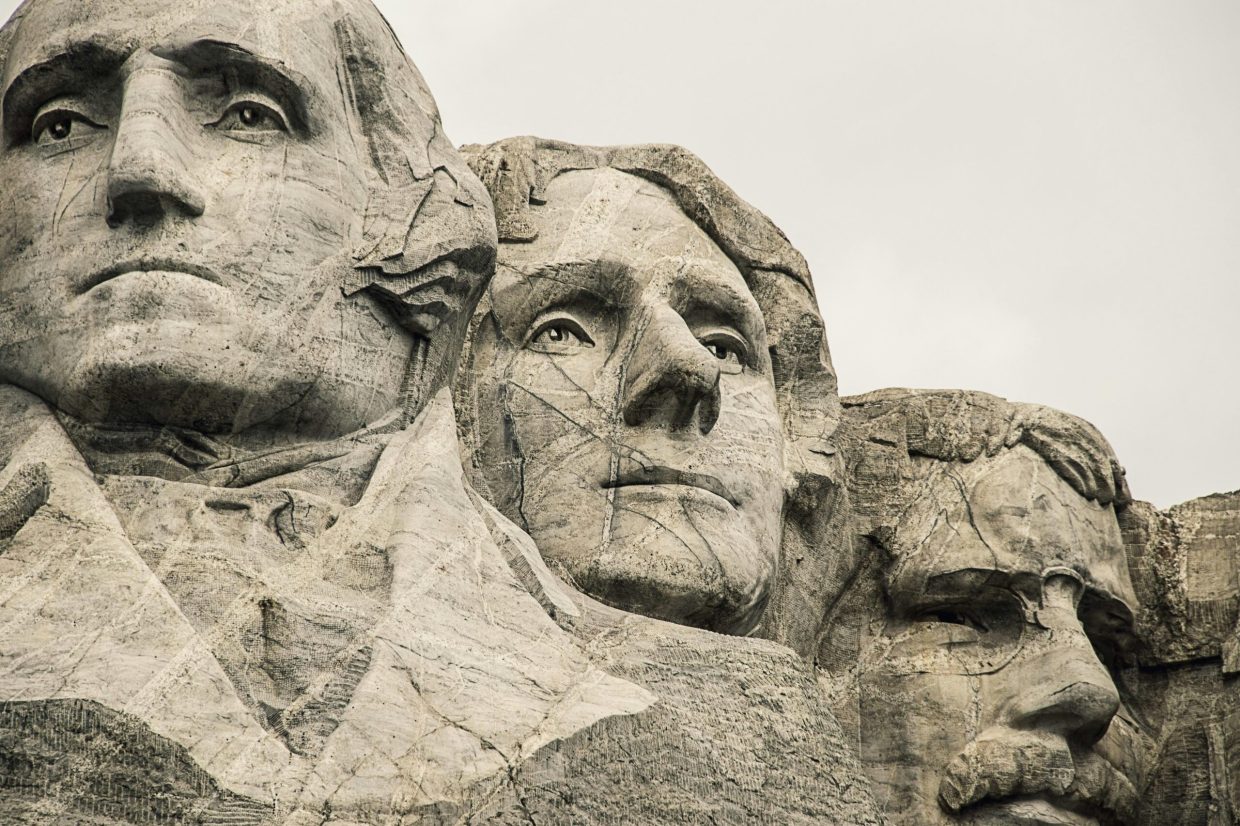When we reflect on the annals of history, few aspects stand as vividly or as powerfully as the legacies left behind by political leaders in times of war. These legacies often extend far beyond the battlefield, shaping national identities, influencing international relations, and affecting generations to come. Understanding the lasting impact of their decisions and leadership during conflict offers valuable insights into how war can redefine societies and alter the course of history. In this article, we delve into the complex narratives of political leaders whose war legacies continue to resonate today, exploring how their choices have left enduring marks on the world stage.
Table of Contents
- Political Leaders and the Shaping of War Legacies Through Their Decisions
- Understanding the Long-Term Effects of Military Strategies on National Identity
- Balancing Historical Accountability with Diplomatic Progress
- Recommendations for Preserving Peace While Honoring War Memories
- The Way Forward
Political Leaders and the Shaping of War Legacies Through Their Decisions
Decisions made by political leaders during times of conflict carry weight far beyond the battlefield. These choices often define the narrative of a war, influencing public perception and historical interpretations for generations. Whether through strategic diplomacy or the authorization of military actions, leaders mold the legacy of conflicts—sometimes striving for peace, other times embracing aggression. Their ability to balance the harsh realities of war with the hope for a better future becomes a critical part of how history remembers them.
Several factors contribute to how these legacies take shape, including:
- Communication: How leaders articulate their intentions and justify their actions to the public and international community.
- Accountability: Willingness to take responsibility for both the successes and failures that result from wartime decisions.
- Post-war policies: Efforts to rebuild and reconcile, which can either heal wounds or deepen divisions.
Ultimately, the judgment of history often hinges on the moral and ethical dimensions of these decisions, reminding us that the power of leadership does not end with victory or defeat, but continues in the stories passed down through time.
Understanding the Long-Term Effects of Military Strategies on National Identity
Military strategies devised and executed by political leaders extend far beyond the battlefield; they often become defining threads woven into the fabric of national identity. These strategies shape collective memory, influencing how citizens perceive their country’s strength, values, and place in the world. Over time, the narratives surrounding victory, sacrifice, or even controversial decisions evolve into pillars of patriotism or cautionary tales that inform future policymaking and societal attitudes. This dynamic interplay highlights how military decisions are inseparable from cultural identity, reflecting both pride and the complex legacies leaders leave behind.
Several key factors play a pivotal role in this process:
- Historical storytelling: The way war stories are told, celebrated, or critiqued shapes public consciousness and identity.
- Symbolism and monuments: Erecting memorials or naming institutions after military campaigns keeps the legacy alive and accessible.
- Policy repercussions: Military outcomes influence national policies on defense, diplomacy, and civic engagement.
- Generational transmission: Veterans and families orally pass down experiences, imprinting military legacy onto collective identity.
Ultimately, the intertwining of strategic military choices with national identity underscores the profound responsibility political leaders hold—not just in navigating war but in shaping the enduring soul of their nations.
Balancing Historical Accountability with Diplomatic Progress
When navigating the complex aftermath of war, political leaders often find themselves walking a tightrope between addressing past injustices and fostering forward-looking relationships. Acknowledging historical wrongs is essential not only for the victims but also for a nation’s moral integrity. However, it’s equally important to recognize that the path to lasting peace frequently requires diplomacy rooted in mutual understanding rather than blame. This delicate balance underscores the need for leaders to adopt nuanced approaches that honor the past while steering toward reconciliation.
Effective diplomacy in these contexts often involves key strategies such as:
- Transparent dialogue where all parties feel heard and validated.
- Restorative initiatives that encourage healing without reopening old wounds.
- Collaborative projects focusing on shared goals like economic development or cultural exchange.
- Educational reforms to promote historical awareness without fostering resentment.
By weaving these elements together, leaders can ensure that historical accountability serves as a foundation—not a barrier—for diplomatic progress, ultimately transforming war legacies into opportunities for unity and growth.
Recommendations for Preserving Peace While Honoring War Memories
To maintain harmony while respecting the sacrifices made in wartime, it’s essential to cultivate a culture of empathy and education around war memories. Communities can benefit greatly from inclusive commemorations that highlight diverse perspectives—acknowledging the complexities of conflict rather than glorifying violence alone. Encouraging open dialogues that involve veterans, historians, and younger generations fosters understanding and ensures that remembrance does not deepen divisions but instead promotes healing.
Furthermore, political leaders bear a unique responsibility to lead by example. When supporting memorials and ceremonies, they should emphasize values such as peace, reconciliation, and solidarity. Practical steps include:
- Promoting peace education programs in schools that contextualize war within broader human rights frameworks
- Supporting initiatives that preserve historical sites while encouraging peaceful reflection
- Facilitating bilateral or multilateral commemorative events that bring together former adversaries to honor shared humanity
By embedding these practices into public life, nations can ensure that honoring war memories contributes to a lasting legacy of peace rather than perpetuating old wounds.
The Way Forward
As we reflect on the profound ways political leaders shape history through their decisions in times of war, it becomes clear that their legacies extend far beyond the battlefield. These leaders not only influence the course of conflicts but also the future of nations, societies, and global relations for generations to come. Understanding their choices, motivations, and the consequences of their actions helps us appreciate the complex tapestry of history and encourages us to strive for a more peaceful and thoughtful world. Thank you for joining me on this exploration of war legacies—may we continue to learn from the past as we look toward a better future.













